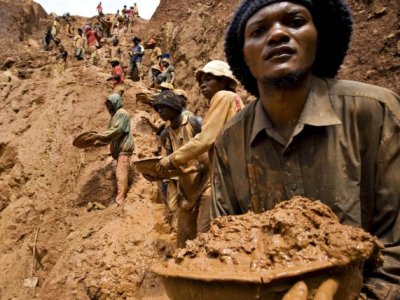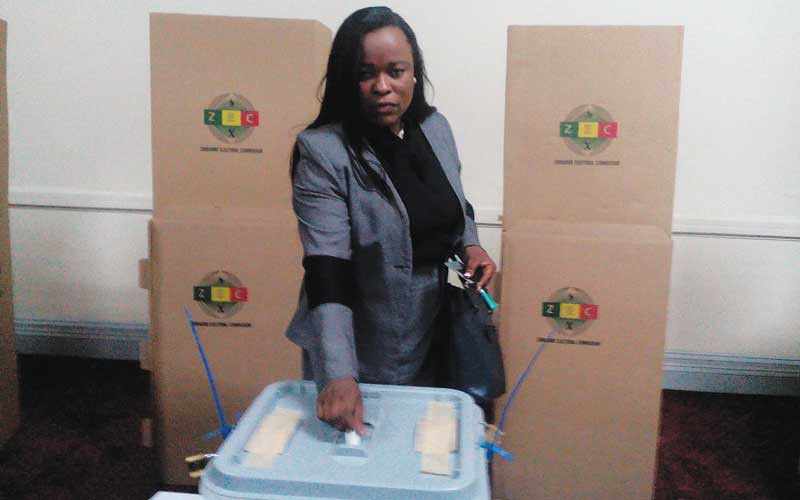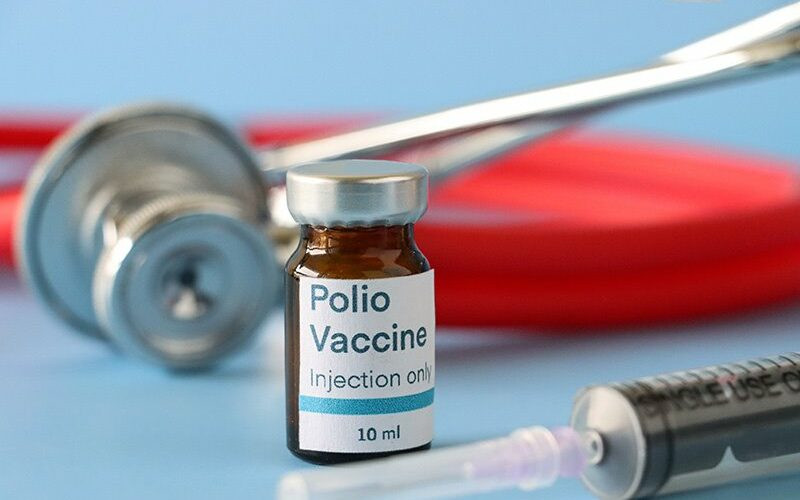
Fungai Nhaitai FORMAL diamond mining in Chiadzwa started in 2009 and since then more than 10 years has gone by with nothing to show for the local communities.
Instead, Chiadzwa and Marange communities have and are more vulnerable and poorer than before. The diamonds are like a curse to the locals.
The nation had hoped that diamonds would bail out the country from economic doldrums only to realise that the diamonds were a preserve of the elite who control the levers of power.
Very few employees are from the local communities, the research that is almost finished will reveal how much was mined from 2009 to 2021, sold and how much was ploughed back into the community.
The results will show that the mining companies just came to loot our diamonds with the help of corrupt local politicians.
It is also sad that some community-based organisations are being used to deny locals real benefit, they are lining up their pockets and the government keeps a blind eye to this pilferage of our resources.
More information is coming, watch this space.
Corruption hinders developmentA STORY in the Friday issue of NewsDay titled ‘PG sitting on 265 graft cases’ makes sad reading.
- Chamisa under fire over US$120K donation
- Mavhunga puts DeMbare into Chibuku quarterfinals
- Pension funds bet on Cabora Bassa oilfields
- Councils defy govt fire tender directive
Keep Reading
The National Prosecuting Authority is central to the corruption fight.
So to hear that the office is sitting on such a number of corruption cases is sad. The anti-corruption plane is far from taking off.
Corruption is one of the obstacles that hinder economic development of any given nation.
It is one of the greatest barriers to prosperity, economic competitiveness and development.
It remains on the top of the list of issues of concern for the business community, sabotaging the economy and undermining political institutions to the detriment of the nation.
A corrupt country will scare away potential investors. One school of thought noted that corruption hurts investment in at least three ways.
First, it increases the cost of doing business, which then raises the threshold of revenue required for businesses to break even.
Second, it causes producers to waste money bribing officials rather than investing in cost-saving technology or new products.
Last, if public funds end up in the pockets of government officials, taxes will be higher and public investment lower, hurting economic growth.
As such, there is need for self-cleansing in all government departments and parastatals.
Good corporate governance practices should be encouraged among all government officials.
Consequently, discouraging corruption should precede policy strategy formulation to achieve sustainable economic growth for all sectors.
Corruption is taking place in most government arms and parastatals. For example, the Ministry of Agriculture failed to account for the US$3,2 billion it received under the Command Agriculture programme.
The results of corruption are often disastrous. It is imperative to note that corruption has a direct effect on the growth of the economy. This is being exposed by what we are experiencing under President Emmerson Mnangagwa’s leadership.- Chief Chiduku
Informal traders should insure their businessesPROPERTY worth millions of dollars was lost when a Bulawayo shopping mall was gutted by fire recently.
The complex housed small-to-medium enterprises, among them those selling motor spares, clothes, food, jewellery and groceries.
It is a fact that SMEs have become the drivers of the economy.
The Glen View furniture-manufacturing complex has on several occasions been affected by mysterious fires with traders losing goods and raw materials almost every year.
It is trite that the traders seriously consider taking up business insurance and hedge their wares against unexpected losses.
However, to the majority of small business owners, insurance is the last on their priority list because they assume it affects their profit margins.
In an interview, one of the affected traders reportedly lost electrical hardware worth US$50 000 in the inferno and under the current economic hardships, restoring the business to its original state is a mammoth task.
This is the gap that insurance companies can cover if one is insured. Subsequently, the insurance companies should provide tailor-made policies suitable for small businesses and offer low subscription rates the informal sector can afford.
They seem to be ignorant about insurance and its importance, thus the insurers should conduct aggressive marketing and educational campaigns and educate not only businesspeople, but other beneficiaries such as home owners.
Surprisingly, the majority in the country insure their vehicles merely because it is a statutory requirement.
If a survey is to be conducted, the majority of people insure their cars while their homes are not covered, which is a serious anomaly.
By insuring business against natural disasters, you will be protecting your assets and inventory in case they are destroyed by floods, fire and earthquakes.
To that end, a good insurance policy will cover the replacement costs so that you can be up and running in no time.-Proprietor











